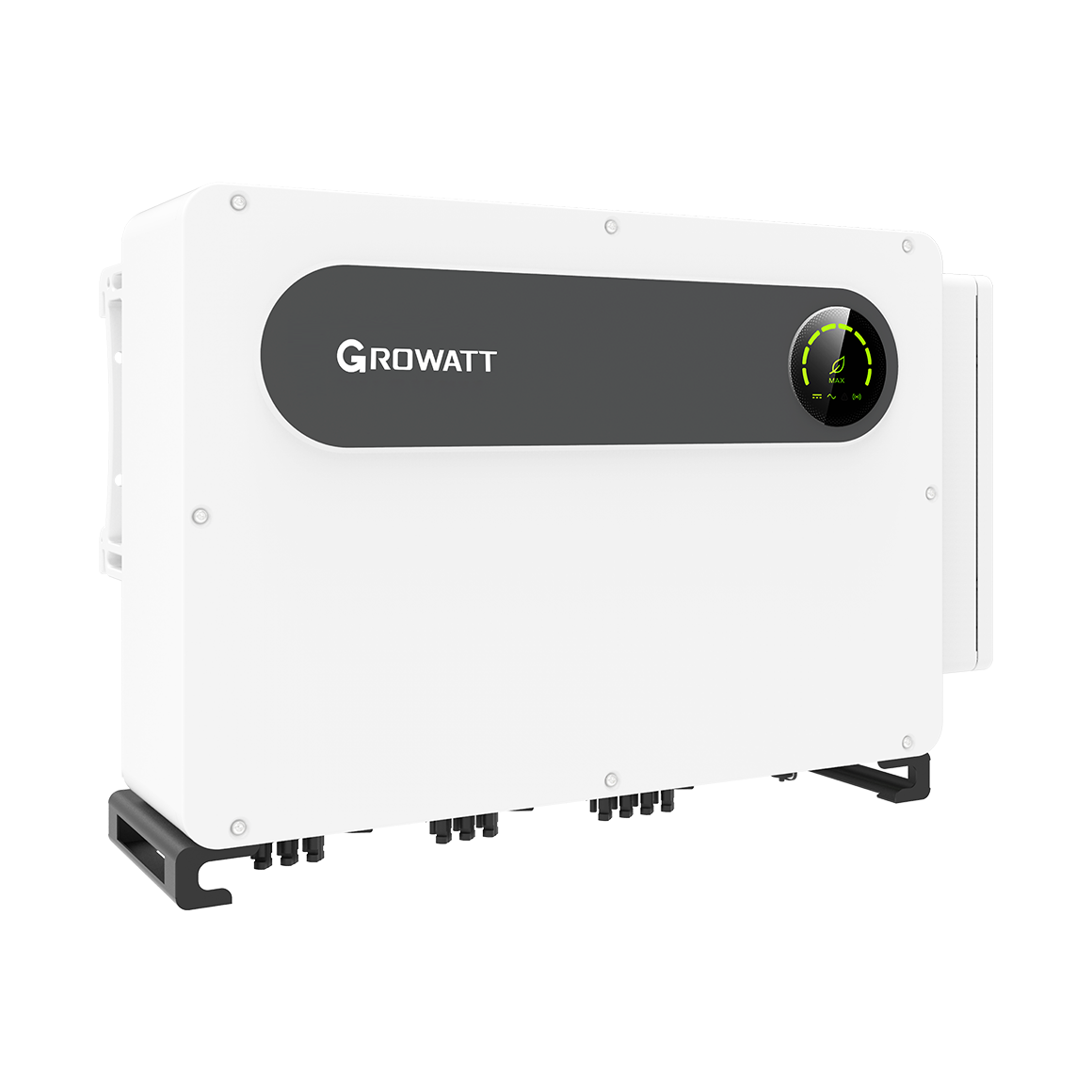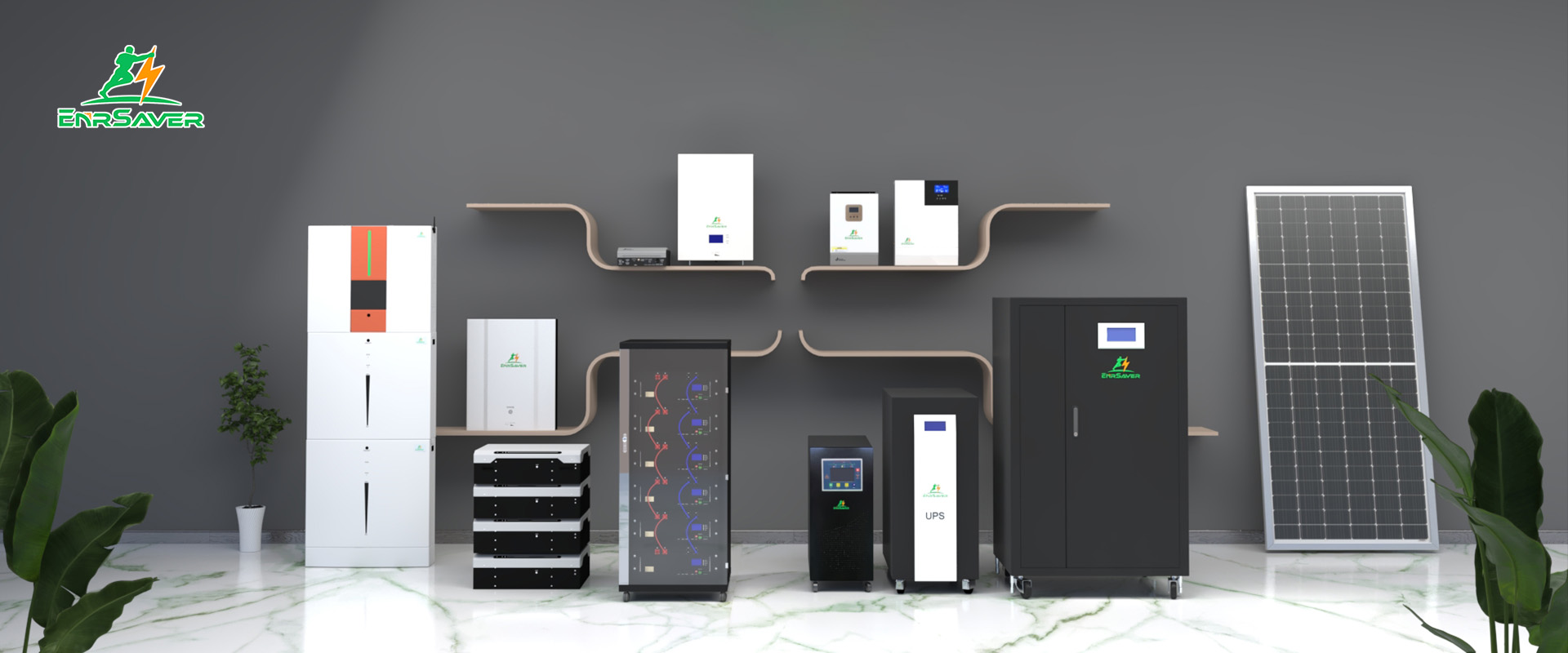What is on grid solar system
What is on grid solar system
An on-grid solar system, also known as a grid-tied or grid-connected system, is a solar power system that is connected to the electrical grid. It allows you to generate and use your own solar electricity while still remaining connected to the utility grid.
Here's how an on-grid solar system typically works:
1. Solar panels:
Photovoltaic (PV) solar panels are installed on your property, usually on the roof, to capture sunlight and convert it into electricity. These panels consist of multiple solar cells that generate direct current (DC) electricity when exposed to sunlight.
2. Inverter:
The DC electricity produced by the solar panels is sent to an inverter. The inverter's primary function is to convert the DC electricity into alternating current (AC), which is the type of electricity used in most homes and buildings.
3. Electricity consumption:
The AC electricity produced by the inverter is then utilized to power your home's electrical loads, such as appliances, lights, and other devices. The solar energy generated is prioritized for consumption within your home before drawing any additional power from the grid.
4. Grid connection:
Your on-grid solar system remains connected to the utility grid through a bi-directional meter. This meter records both the electricity consumed from and exported to the grid. When your solar system generates excess electricity, it flows back into the grid, effectively reducing your reliance on utility-supplied power.
5. Net metering:
The bi-directional meter measures the net difference between the electricity you consume from the grid and the excess electricity you export. In many regions, this excess energy is credited to your account, which can offset or reduce your electricity bills.
Benefits of an on-grid solar system include:
l Reduced electricity bills: By generating your own solar electricity, you can significantly reduce your dependence on utility-provided power, leading to lower monthly electricity bills.
l Environmental sustainability: Generating clean, renewable energy from the sun helps reduce greenhouse gas emissions and your carbon footprint.
l Grid backup: During times when your solar system is not producing enough electricity (e.g., at night or during cloudy periods), you can rely on the grid to provide power seamlessly.
It's important to note that an on-grid solar system does not provide electricity during a utility power outage. This is a safety feature designed to protect utility workers from potentially energized solar systems while they're working on grid repairs. However, with the addition of battery storage, it is possible to have backup power during outages in some setups.
Consulting with a professional installer or electrician can help ensure that your on-grid solar system is installed correctly, adheres to local regulations and requirements, and is tailored to your specific energy needs.
You can see why the most commonly ask question we get asked here. It's also the most complicated and personal question to answer.
Grab your electric bill, go to our calculator and find the answers for your home.
I hope this was helpful. If so, give us a like a share and check out more of our videos and subscribe to our channel and all the store.
So we can notify you and more videos are available. We've been making renewable doable since 1999.



